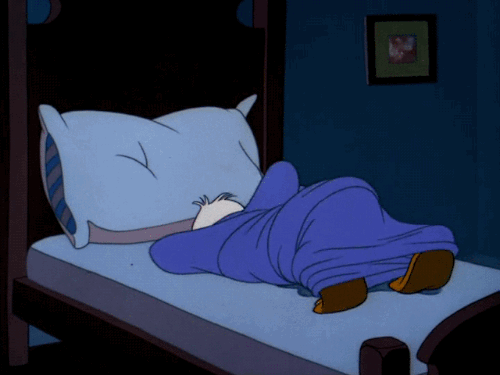Not being able to sleep is one of the most demoralising things in life.
We need sleep, yet our bodies sometimes decide to work against us and make it difficult to nod off or get enough enough shut-eye.
The BBC are launching a sleep challenge to try and help tackle this problem while learning more about it. Announced on The One Show, the challenge will be made into a programme,
The Truth About Sleep, to be aired in May.
The challenge is simple: choose one of six sleep-improving techniques, do it for at least three days, preferably a week. If it doesn't work, move on and try another, then report back with your findings via a
survey.

These are the recommended techniques
1. Breathing
Controlling your breathing can reduce stress. This approach is known as 4-2-4
- Breathe in deeply through your nose while mentally counting to 4
- Hold your breath to a count of 2
- Breathe out through your mouth to a count of 4
- Try doing this for 3 to 4 minutes. It should feel relaxing
2. Have a warm bath or shower 1-2 hours before going to bed, then allow yourself to cool. The act of cooling should trigger sleepiness
3. Eat two Kiwi fruit an hour before bed. A study done over four weeks found that this improved quality and quantity of sleep
4. Remove electronic devices from the bedroom and turn off all screens at least an hour before bed. That includes TV, computers, mobile phone and all social media
5. If you are a regular drinker then try skipping alcohol for a few days. Although it may help you go to sleep, alcohol also tends to disrupt sleep
6. Go for a 20 minute walk or a run first thing in the morning. The early morning light should help reset your internal clock, making sleep easier
Hopefully one of these can help improve your sleep, but at the very least you might be helping boost the kiwi economy.
Take the BBC Sleep Challenge survey


